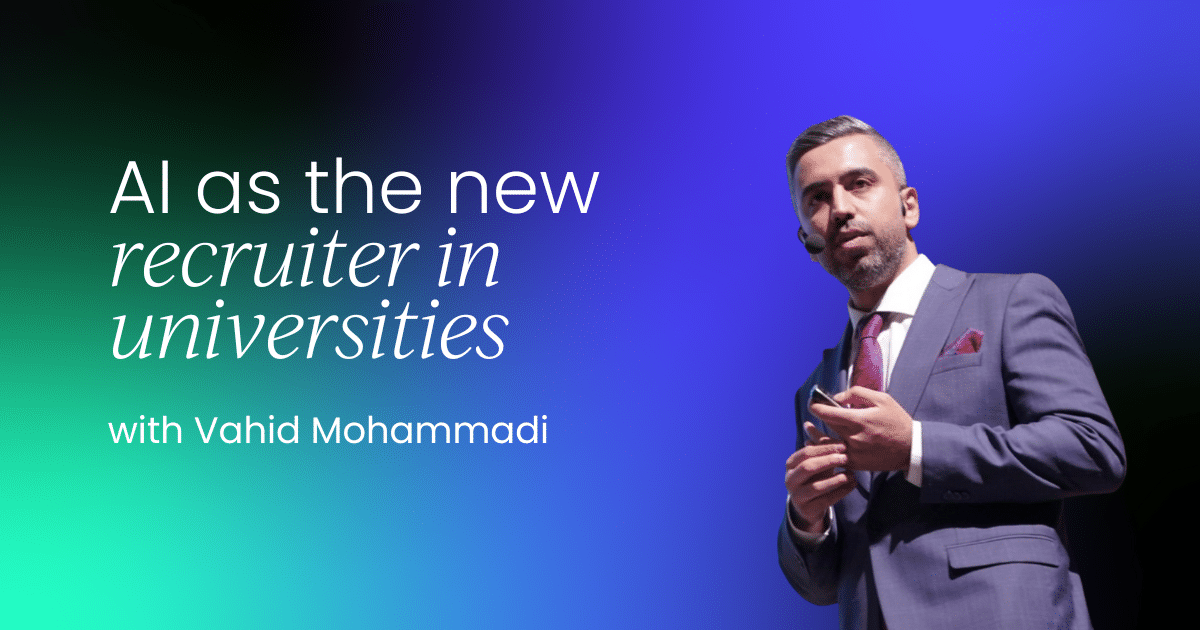In the realm of technological education, the debate over attracting foreign students continues to gain relevance. Institutions in the UK are examining their admissions systems while international competitors are investing in artificial intelligence (AI) for their recruitment processes. This trend could set the tone in a sector where global demand keeps growing, especially among students from South Asia and Sub-Saharan Africa.
A recent UNESCO report predicts that by 2030, the number of enrollments in tertiary education abroad will increase by approximately two million. Prospective students, who often research online, respond quickly to chat-based support, creating an ideal space for implementing advanced language models.
Meanwhile, the British education system faces significant challenges. From January 1, 2024, most international students will be able to bring dependents, but a notable reduction in work rights for those entering the Graduate Route has been proposed, shortening the duration from two years to 18 months. This has resulted in an alarming 44% decrease in graduate enrollments between January 2023 and January 2024.
The current policies have created a confusing process, filled with various documentation portals and language regulations that are difficult to navigate. Delays in official responses have prompted students to turn to platforms like WhatsApp and Telegram, where misinformation can spread rapidly, affecting the UK’s reputation regarding educational transparency.
Adopting artificial intelligence could be key to addressing this situation. AI models can assist in responding to complex inquiries in multiple languages and alert users about missing documents. They also have the capability to enhance the quality of applications before they are reviewed by humans, optimizing processing times in the admissions process.
Tests of an AI assistant developed by a sector working group have shown that the quality of initial content is more relevant for achieving accuracy than simply upgrading to more modern models. Furthermore, transparency in information sources can build trust among users, an essential aspect of maintaining human involvement in the process.
While the implementation of AI will not replace immigration policies, it can help bridge the service gap that currently pushes applicants toward more competitive destinations. Minor improvements in efficiency could translate into faster response times and a decrease in visa rejection rates, promoting a more favorable perception of the UK as an accessible country for global talent.
A collaborative approach involving the government, sector groups, and providers could be the solution to create a shared understanding of visa regulations, allowing universities to adapt these norms flexibly. This way, the aim is to keep the UK as a preferred option for international students.
In conclusion, attracting students is no longer limited to presenting attractive brochures; it also relies on service efficiency and effective policy management. Although AI will not fully resolve issues related to visas, it could ensure that deserving students do not get lost in bureaucracy, thus safeguarding a sector that generates over £40 billion a year in exports. The ethical implementation of artificial intelligence emerges as a crucial strategy to tackle future challenges and maintain the UK’s competitiveness in the global landscape.
Referrer: MiMub in Spanish











